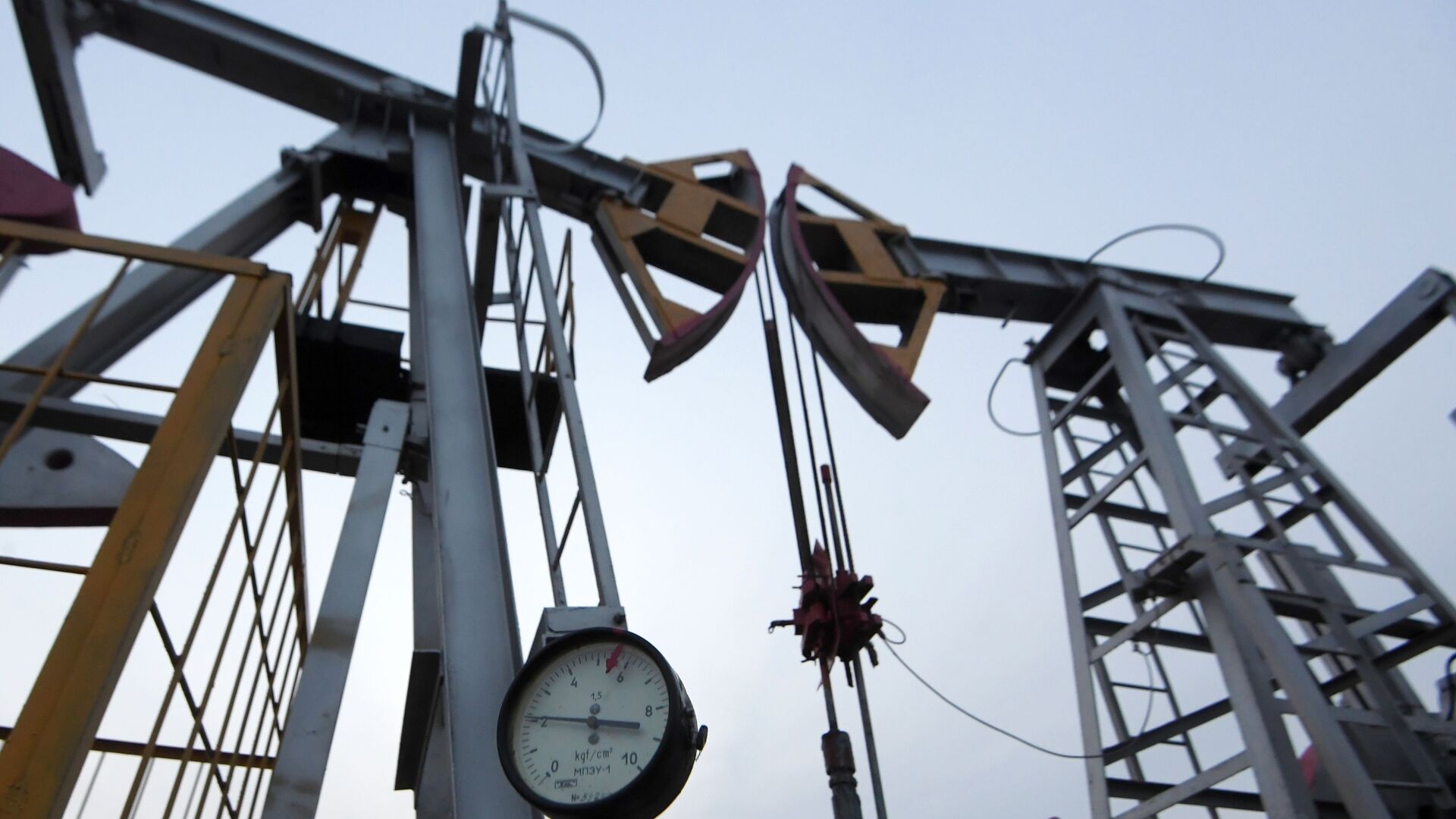https://sputnikglobe.com/20220822/chinas-1-oil-supplier-is-russia-for-3rd-straight-month-as-moscow-skirts-sanctions-by-looking-east-1099837623.html
China’s #1 Oil Supplier is Russia for 3rd Straight Month as Moscow Skirts Sanctions by Looking East
China’s #1 Oil Supplier is Russia for 3rd Straight Month as Moscow Skirts Sanctions by Looking East
Sputnik International
Russia has also increased oil shipments to Sri Lanka and started sending barrels of Urals crude to Myanmar, as Russian energy exporters pivot towards... 22.08.2022, Sputnik International
2022-08-22T04:13+0000
2022-08-22T04:13+0000
2022-08-22T04:11+0000
world
russia
china
oil supplies
sanctions
https://cdn1.img.sputnikglobe.com/img/107884/43/1078844386_0:92:3073:1820_1920x0_80_0_0_39a360e6bf20bec1b79ada5e7cdea746.jpg
Chinese imports of Russian oil by sea and by pipeline reached nearly 8 million tons in July, up by 7.6% from a year ago, according to the latest data from the Chinese General Administration of Customs.It marks the third month in a row that Moscow has emerged as the biggest energy supplier for the world’s largest oil and gas importer, as the Russian energy industry seeks new buyers after being iced out by their traditional partners in the United States and European Union. Western governments have applied a series of increasingly restrictive sanctions on imports of a variety of products from Russia since the beginning of special military operations in Ukraine on February 24.But it’s not just Beijing – Moscow also reportedly overtook Riyadh as the number one oil supplier for India recently. In Mumbai, which received no oil from Russia as recently as February, deep discounts on Urals crude led to the country importing well over a million barrels a day in June.Indian Foreign Minister Subrahmanyam Jaishankar explained last week that he has a “moral duty” to ensure the “best deal” for the people of India, noting that “we have been very open and honest about our interests.”European nations – many of which owe much of their economic success in recent decades to their easy access to cheap and reliable Russian energy – have been slower to sever ties, and hesitation among countries like Hungary ultimately led to delays in efforts to ban imports of Russian gas and oil. A full ban on coal from Russia came into effect in early August, and a ban on Russian oil transported by sea is set to be imposed in December. A similar ban on petroleum product imports is slated for next February.Meanwhile, prices for Urals crude have reached levels not seen since March as traders in the West look to snatch up the last remaining barrels of legal Russian oil on the market before the sanctions take effect.
russia
china
Sputnik International
feedback@sputniknews.com
+74956456601
MIA „Rossiya Segodnya“
2022
News
en_EN
Sputnik International
feedback@sputniknews.com
+74956456601
MIA „Rossiya Segodnya“
Sputnik International
feedback@sputniknews.com
+74956456601
MIA „Rossiya Segodnya“
russia, china, oil supplies, sanctions
russia, china, oil supplies, sanctions
China’s #1 Oil Supplier is Russia for 3rd Straight Month as Moscow Skirts Sanctions by Looking East
Russia has also increased oil shipments to Sri Lanka and started sending barrels of Urals crude to Myanmar, as Russian energy exporters pivot towards developing markets after being shunned by Western buyers.
Chinese imports of Russian oil by sea and by pipeline reached nearly 8 million tons in July, up by 7.6% from a year ago, according to the
latest data from the Chinese General Administration of Customs.
It marks the third month in a row that Moscow has emerged as the biggest energy supplier for the world’s largest oil and gas importer, as the Russian energy industry seeks new buyers after being iced out by their traditional partners in the United States and European Union.
Western governments have applied a series of increasingly restrictive sanctions on imports of a variety of products from Russia since the beginning of special military operations in Ukraine on February 24.
But it’s not just Beijing – Moscow also reportedly overtook Riyadh as the number one oil supplier for India recently. In Mumbai, which received no oil from Russia as recently as February, deep discounts on Urals crude led to the country importing well over a million barrels a day in June. Indian Foreign Minister Subrahmanyam Jaishankar explained last week that he has a “moral duty” to ensure the “best deal” for the people of India, noting that “we have been very open and honest about our interests.”
“I have a country with a per capita income of $2,000; these are not people who can afford higher energy prices.”
European nations – many of which owe much of their economic success in recent decades to their easy access to cheap and reliable Russian energy – have been slower to sever ties, and hesitation among countries like Hungary ultimately led to delays in efforts to ban imports of Russian gas and oil. A full ban on coal from Russia came into effect in early August, and a ban on Russian oil transported by sea is set to be imposed in December. A similar ban on petroleum product imports is slated for next February.
Meanwhile, prices for Urals crude have reached levels not seen since March as traders in the West look to
snatch up the last remaining barrels of legal Russian oil on the market before the sanctions take effect.


